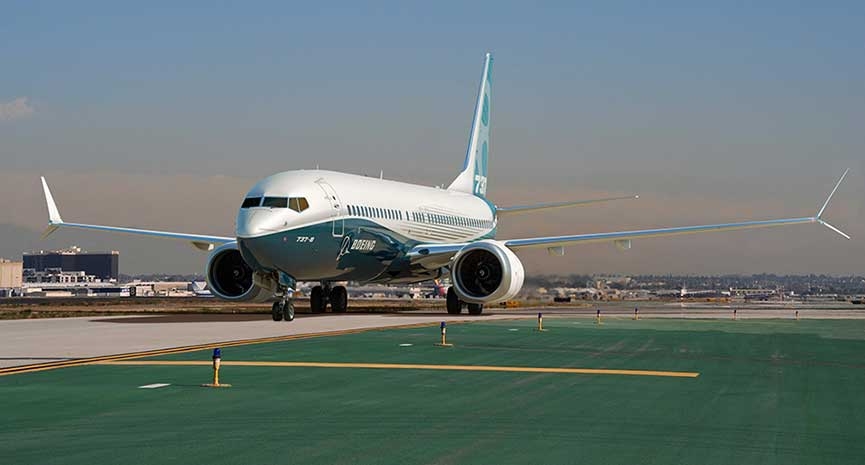Boeing to deliver new fuel-efficient jetliner in collaboration with Embraer
Aviation - These and other improvements to Boeing’s environmental performance are highlighted in the company’s 2017 Environment Report.

June 6, 2017: Boeing is building and delivering new jetliners that will reduce fuel use and emissions by up to 25 percent, reducing solid waste sent to landfills by almost 20 percent, and advancing promising environmental technologies through the first-ever collaboration with Brazil-based Embraer.
These and other improvements to Boeing’s environmental performance are highlighted in the company’s 2017 Environment Report.
Ursula English, vice president of Environment, Health & Safety, said, “Our unwavering commitment to innovation and environmental performance is reflected across our products, services and operations. On World Environment Day, we acknowledge the progress we’re making, and we look forward to raising the bar as we work toward a sustainable future.”
Boeing operations reduced greenhouse gas emissions, solid waste to landfill, water intake and hazardous waste generation by between 5 and 19 percent in 2016. Five production facilities sent zero waste to landfills.
The ecoDemonstrator program’s 2016 testbed was an Embraer E170 regional jet and marked the first such collaboration with another airplane manufacturer. Overall, the program has tested 60 new technologies that show promise in reducing fuel use, emissions and noise.
The new 737 MAX, which entered service in May, is 20 percent more fuel efficient than the original Next-Generation 737 and has a 40 percent smaller noise footprint than today’s single-aisle aircraft.
The new 787-10, which began flight testing earlier this year, will be approximately 25 percent more fuel efficient than the airplanes it replaces.


